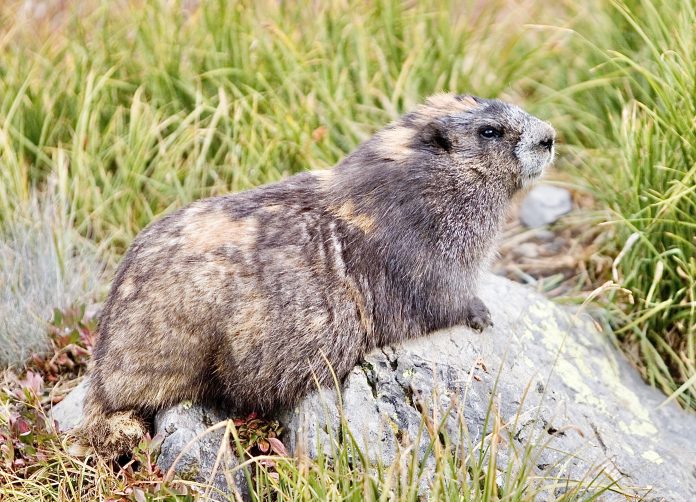
Endangered Species Act Protection Sought For Vulnerable Olympic Marmots In Washington
You can help all animals and our planet by choosing compassion on your plate and in your glass. #GoVeg
RELATED ARTICLES
South Africa’s Big Cat Industry: A Global Trade Of Extreme Cruelty & Exploitation
South Africa is the world’s leading exporter of big cats and their body parts, with over 3,500 live animals and 34,000 body parts exported...
Victory For Dolphins! Belgium To Become 7th Country To Enact Permanent Ban On Dolphinariums
In a major victory for animal welfare, Flemish Minister for Animal Welfare, Ben Weyts, announced this week that Flanders, Belgium, will implement a permanent...
Peace 4 Animals’ Debuts Gripping Trailer To Their Latest Documentary ‘Protectors of the Wild’
We are excited to unveil the trailer for Peace 4 Animals’ upcoming documentary, Protectors of the Wild. This powerful film aims to raise critical...
Popular stories
US News
Breaking! WAN Talks With Endangered Habitats League After Judge Blocks L.A. Development That Would Have Threatened Imperiled Mountain Lions
In a victory against a destructive project threatening local mountain lions in northern Los Angeles County, a judge issued a ruling Monday blocking a...
News
World Animal News TOP Stories Making Headlines!
1. Notorious Trophy Hunter, Riaan Naude, Was Reportedly Shot & Killed In South Africa
Riaan Naude, a trophy hunter in South Africa known for “proudly” displaying images...
News
The Right Whale Coexistence Act Has Been Introduced In The U.S. To Help Protect The Dwindling Population Of North Atlantic Right Whales
United States Senators Cory Booker (D-NJ), Richard Blumenthal (D-CT), Tom Carper (D-DE), and Sheldon Whitehouse (D-RI) recently introduced the Right Whale Coexistence Act. The legislation...


